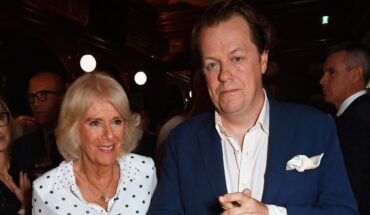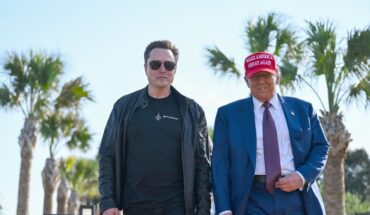
Canada’s embattled prime minister, 53-year-old Justin Trudeau, announced plans to step down from his post on Monday—to the apparent delight of both his party and US President-elect Donald Trump. Trudeau, who has served as prime minister since 2015, has grown increasingly unpopular with Canadian voters over issues like inflation, housing costs, immigration and a series of personal scandals, and his center-left Liberal Party seemed headed for a landslide defeat in this fall’s parliamentary elections. Resigning as the head of the party now—and agreeing to step down as PM once a new leader is chosen, likely in several months—will give voters “a real choice in the next election,” Trudeau said Monday in Ottawa.
But Trudeau’s decision also robs him and Canada of much-needed leverage in their escalating battles with Trump. The US president-elect took to Truth Social to gloat on Monday afternoon, rehashing a now-familiar, if tasteless, bit about annexing Canada. “The United States can no longer suffer the massive Trade Deficits and Subsidies that Canada needs to stay afloat. Justin Trudeau knew this, and resigned,” Trump wrote. “If Canada merged with the U.S., there would be no Tariffs, taxes would go way down, and they would be TOTALLY SECURE.”
Such a “merger” is obviously fantastical, but Canada’s political future is otherwise up in the air. In announcing his resignation, Trudeau also suspended parliament until March 24, giving his party time to elect a new leader before the wider national elections. His potential replacements include Mark Carney, the former head of the Bank of Canada, and Chrystia Freeland, the former finance minister who defected from Trudeau’s government in December. Their main opposition rival, meanwhile, is the populist Pierre Poilievre, who leads Canada’s Conservative Party and national polls by a wide margin.
This political mess comes at an inopportune time for Canada—harried as it is by President-elect Trump. Though Canada is the United States’ longtime ally and largest trading partner, Trump has lambasted its trade practices, border security policies and military spending, and has threatened to impose harsh tariffs that could devastate economies on both sides of the border. Trudeau and his deputies tried to talk Trump off that particular ledge at a meeting in November, but Trump’s trolling since then—including a joke he made to Trudeau about annexing Canada, and multiple posts in which he called his northern counterpart a mere “governor”—would seem to suggest the president-elect still has Canada in his crosshairs.
Trudeau will now continue those negotiations as a lame duck before passing the fight to his successor. Trump notably detests Chrystia Freeland, whom he has called “totally toxic.” Poilievre, for his part, has said he plans to implement several domestic policies that Trump favors, like amping up border security and military investment. The Conservative Party leader—whose name-calling and aggrieved rhetoric have earned him comparisons to Trump—also argues that he and Trump share “overlapping interests and values” that would help them make a deal on tariffs.
Poilievre is not, however, laughing at the president-elect’s Canada jokes. “My message to incoming President Trump,” an unsmiling Poilievre told CTV News last month, “is that, first and foremost, Canada will never be the 51st state of the US.”





